Breastfeeding After Breast Implants
 Women choose to have breast implants put in for many different reasons, and many times, a breast augmentation is performed before a woman has had any children. Dr. Kevin Sadati recognizes that many women who have a breast augmentation surgery at his Newport Beach practice, whether to enhance or reduce the size of the breasts, may still have an interest in breastfeeding their children when the time comes. Orange County women who plan to have children but also want breast implants should discuss their particular situation with the surgeon as there are steps that Dr. Sadati can take to try and ensure breastfeeding is a success.
Women choose to have breast implants put in for many different reasons, and many times, a breast augmentation is performed before a woman has had any children. Dr. Kevin Sadati recognizes that many women who have a breast augmentation surgery at his Newport Beach practice, whether to enhance or reduce the size of the breasts, may still have an interest in breastfeeding their children when the time comes. Orange County women who plan to have children but also want breast implants should discuss their particular situation with the surgeon as there are steps that Dr. Sadati can take to try and ensure breastfeeding is a success.
The good news is that women who have had breast implants put in still have a good chance of being able to, successfully, breastfeed any future children for as long as they might want.However, no guarantees can be made until after the baby is born and nursing has begun. There are several challenges that women who have had breast implants might face, and the following are a few known issues.
Contents
Nipple Sensitivity
One of the side effects of breast augmentation is that some women do not have as much feeling in their nipples after the surgery. This is because Incisions are made around the areola, which is known as the smile incision, that may make it difficult to breastfeed. If you have decreased nipple sensitivity, you may have a more difficult time breastfeeding. Mention your desire to breastfeed to your surgeon ahead of time, as he can choose to make the incision under the folds of the breast or in the armpits to help increase your chances of breastfeeding successfully.
Engorgement
Engorgement is a common problem with any new nursing mom, especially when the milk first comes. As there are foreign implants in the breast, this could make engorgement even more difficult for the new mother. You should talk with your gynecologist about the best ways to handle your engorgement.
Increased Risk of Mastitis
Sometimes, women who have had a breast augmentation will find that they have an increased risk for the breast infection of mastitis while they are nursing. This is an infection that is easily treated with antibiotics, but often has symptoms of fevers, chills and pains. Keep a close eye on engorgement and plugged ducts.
It is important to know that you will not know for sure if you will be able to breastfeed until the time comes. Make sure you keep your gynecologist informed of your previous cosmetic surgery procedure so that the doctor can monitor the baby’s weight gain closely to ensure the little one is being fed enough food. For some women who do not have a significant breast milk supply, the best option is to supplement with donor breast milk or infant formula. It is important to know all of the impacts of breast implants before you have your surgery, but it is also important to make the best decision for you at that particular point in your life.




